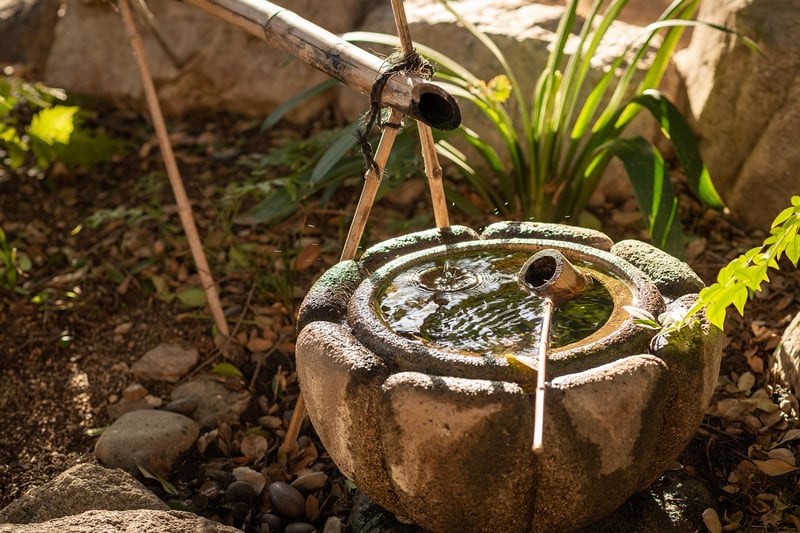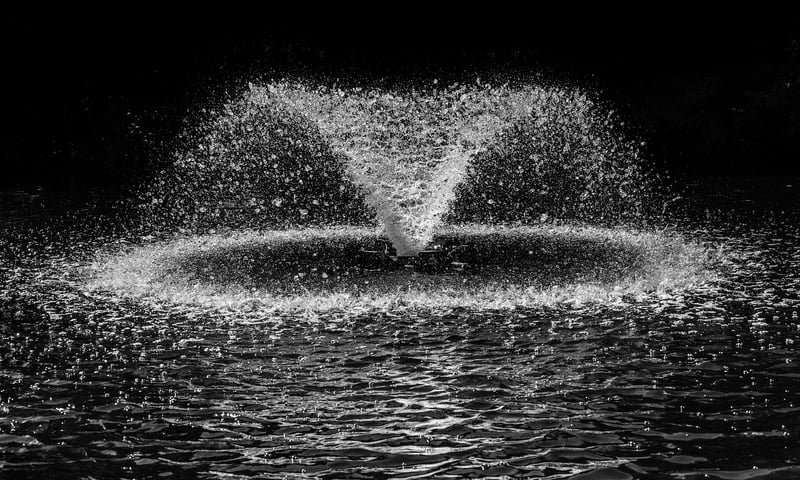Tsukubai Fountain
The Beauty of Tsukubai Fountain: An Essential Element in Japanese Gardens

Japanese gardens are renowned for their serene beauty and meticulous design. One of the essential components that add to the charm of these gardens is the Tsukubai Fountain. Tsukubai, which translates to "stoop" or "crouch," is a traditional stone basin found in Japanese tea gardens or contemplative spaces.
Key Features of Tsukubai Fountains:
- Minimalist Design: Tsukubai fountains are known for their simple and elegant design, often made of natural stone like granite or basalt.
- Symbolism: The act of cleansing one's hands and mouth using the water from the Tsukubai represents purification and preparation before entering a sacred space.
- Water Flow: The gentle flow of water in the Tsukubai creates a calming ambiance, adding a soothing element to the garden.
- Inscription: Some Tsukubai basins feature inscriptions or symbols, adding a decorative touch and conveying messages of mindfulness or reflection.
Placement and Ritual:
Traditionally, Tsukubai fountains are placed near the entrance of tea houses or temples, encouraging visitors to perform a cleansing ritual before participating in a tea ceremony or spiritual practice. The ritual of purification is considered a symbolic act of preparing both the body and mind for a moment of tranquility and contemplation.
Enhancing Garden Aesthetics:
Aside from their practical and symbolic purposes, Tsukubai fountains also serve as aesthetic focal points in Japanese gardens. Their tranquil presence and natural materials harmonize with the overall design, enhancing the garden's peaceful atmosphere.
Whether you are strolling through a traditional Japanese garden or seeking to create a Zen-inspired space in your backyard, the Tsukubai fountain embodies the essence of simplicity, tranquility, and mindfulness.
Experience the timeless allure of Japanese garden design with the inclusion of a Tsukubai fountain, and let its soothing presence elevate the beauty of your outdoor sanctuary.
